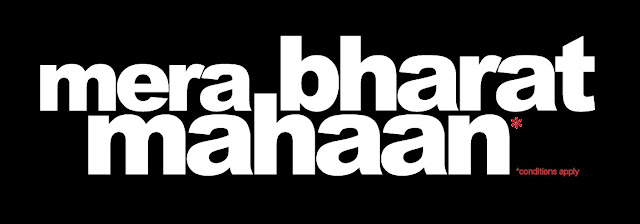The Climate Crisis Crash Course
The Climate Crisis in 5 points
There are several thousands of articles about the climate crisis. Where does one even start? How does one find one's way through the seemingly infinite, sometimes controversial, sometimes intimidating, and mostly alarming discussions?
I list 5 starting points here, which, to me, are the most important 'angles' to begin with. I hope these will interest you into learning more and getting involved.
1. Does climate change affect you?
Climate change affects you if
- you eat or grow food (it affects agriculture)
- ever step out of your house (makes weather unpredictable)
- are affected by droughts, floods and heatwaves (makes extreme events more frequent)
- live near the coastline (raises sea levels)
- are vulnerable to disease (increases risks of infectious diseases)
- live in a society (amplifies inequalities, leads to social disruption)
I think that covers pretty much anyone who could be reading this, so my guess is, yes, climate change affects you.
2. Okay, so what's the problem?
The greenhouse gas (GHG) concentrations in the atmosphere are getting wayyy out of hand.
When there is too much of GHGs in the atmosphere, the Earth heats up. The temperature rise is what we call "global warming". But this is not just about temperature, it disrupts climatic patterns too. Hence, the term "climate change" which includes the concept of "global warming".
3. So what's the solution?
The solution is to reduce the GHG concentrations in the atmosphere (mitigation/geoengineering), or find ways to get used to this climatic disruption (adaptation).
The solution is to reduce the GHG concentrations in the atmosphere (mitigation/geoengineering), or find ways to get used to this climatic disruption (adaptation).
4. It seems pretty straightforward. What's the "crisis" then?
The "crisis" is that industrial and political parties are delaying solutions. Why would they do that? Because climate solutions are at odds with their personal interests. We have known about climate change for 3 decades now, when it was just a regular "problem". 3 decades of insufficient action have turned it into a "crisis" and an "emergency". It's not enough that solutions exist on paper, they must be implemented too.
Another part of the crisis is that this is an inherently unjust problem. The ones who caused it aren't the ones who're the most affected by it. The ones who need to solve it most urgently can't do so by themselves.
5. How can I help?
The first step is to get informed. After that, you can make changes to your lifestyle to reduce your carbon footprint. The final step is to push for policy changes that can make the strongest impact.
───────────────────────────────────────────────────────
For email subscriptions to such posts:



Climate change is not precisely the 'crisis' as nature is only adjusting the balance but its 'accelerated and unregulated' climate change that is. Issue definitely lies in awareness as public policy or State policy change is dictated by public demand. Thus, issue has a political and industrial/economic component but at the root, given democracy, its effectively the public, ie, we at the individual level who decide. Green bonds, green infrastructure maybe slow but observable movements/push resulting from changes in education policy governing a change in effective mindset away from economic-centric thought. More is possible given courageous capital investments and one possible solution could be via introduction of practical experimentation/simulation/laboratory studies at the (high-)school level. Just a beginner and not an expert at Climate Change, otherwise a 'general' believer in Nature's own capacity although given current status, regulations are required.
ReplyDelete